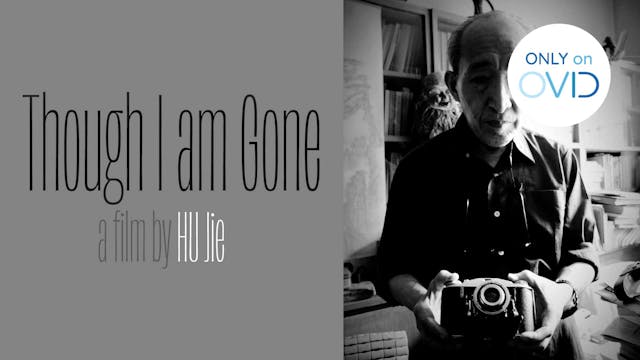Spark
Hu Jie
•
1h 54m
Directed by Hu Jie • Documentary • 2019 • 114 minutes
SPARK opens by the side of a road in Lanzhou City, northwestern China, as trucks rumble through a blasted hillside. An elderly man walks along the dusty road and pauses to point to a nearby spot—the former execution grounds. “They executed many,” the man says. “Then fewer and fewer.”
Two of those executed were contributors to Spark, a short-lived magazine from Gansu Province whose young, intellectual contributors bravely shone a light on the horrific realities of life during the Great Leap Forward. More than 35 million people died of famine between 1959 and 1961, in large part because of Communist Party policies. To this day, the Party has never fully acknowledged the scope of the disaster.
In SPARK, filmmaker Hu Jie—who has been described as “China’s most important unofficial historian-filmmaker”— tracks down the surviving men and women of Spark, including founder Gu Yan, allowing them to tell their stories. A brave and powerful document, SPARK is a testament to the threat to power that comes from people willing to speak out about what they see—and an invaluable contribution to understanding the period of the Great Leap Forward.
"Though none of his works have been publicly shown in China, Hu Jie is one of his country's most noteworthy filmmakers." —Ian Johnson, The New York Review of Books
Up Next in Hu Jie
-
Though I Am Gone
Directed by Hu Jie • Documentary • 2007 • 68 minutes
Pioneering filmmaker Hu Jie uncovers the tragic story of a teacher beaten to death by her students during the Cultural Revolution.
In 1966, the Cultural Revolution exploded throughout China, as Mao's Red Guards persecuted suspected Rightists....


